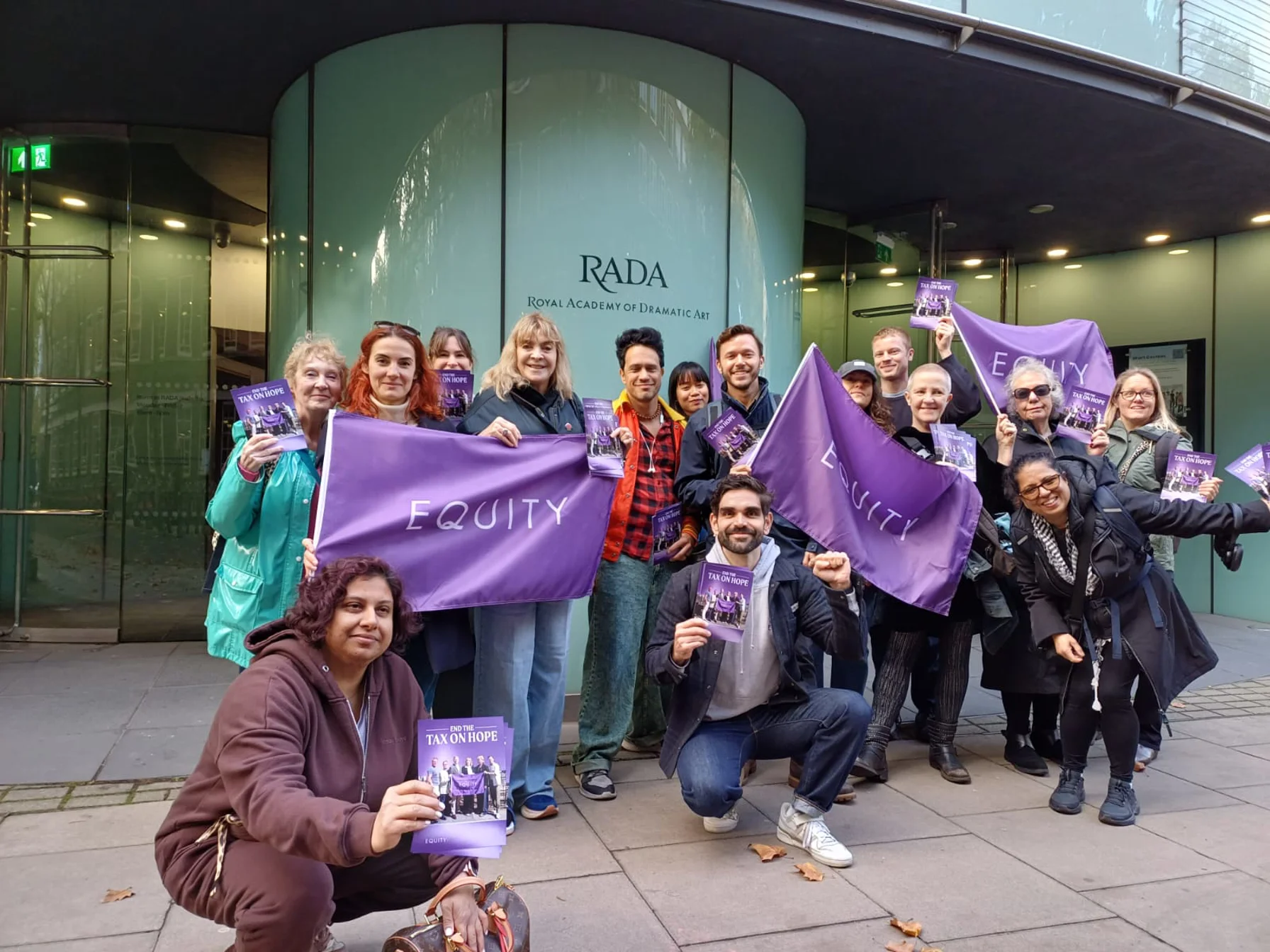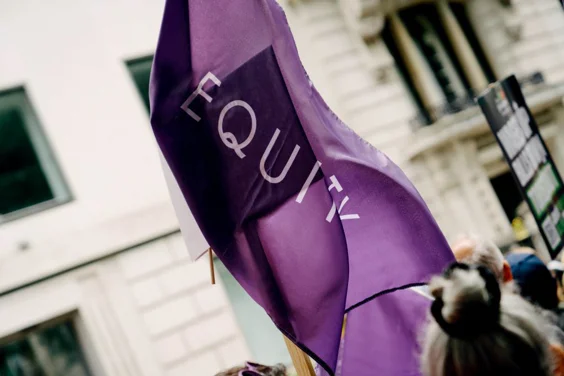Work seekers should not bear the cost of recruitment
Casting directories like Spotlight charge artists a fee for inclusion. In most industries, this practice - of charging work seekers a fee whether they find work or not - is illegal. However, Spotlight and other directories enjoy a carve-out from regulations governing employment agencies that is specific to the performing arts.
This is unjust and we are working to end this practice and put an end to casting directory fees entirely.
Our members frequently share concerns with us about the cost of casting directories and the impact it is has on their incomes. It cannot be right that those who need work bear the cost of recruitment. For actors, the professional necessity to be on Spotlight means their hope for work comes at a cost. This cost is a tax on that hope.
Despite the carve-out, casting directories cannot charge what they please. The current regulations state “the fee charged to the work-seeker [must] amount to no more than a reasonable estimate of the cost of production and circulation of the publication attributable to the inclusion of information about that work-seeker in the publication”. We believe that Spotlight’s fee (currently £198 per year when paid annually) exceeds this restriction.
Legal action
On 11 July 2024, eight Equity members filed papers at the High Court in a class action against Spotlight. The action sought a declaration from a judge that Spotlight is an employment agency and it must, therefore, abide by the regulations restricting the level of fee it can charge.
The class action was heard in July 2025 and in September 2025 the High Court judgment found against the union’s case that casting platform Spotlight should be regulated. Her Honourable Justice Howells found that Spotlight “does not provide services for the purposes of finding persons employment with employers, or of supplying employers with persons for employment by them.” Equity disagrees. We maintain that the common-sense understanding of Spotlight’s purpose is to find work: in other words, to quote the Employment Agencies Act 1973: “providing services (whether by the provision of information or otherwise) for the purpose of finding employment”.
Following a vote by Equity’s Council, the union sought to appeal the High Court judgment. Our union and our legal team, along with trade union movement body the Trades Union Congress, are concerned about the “economy-wide implications” for working people across the UK which have now arisen as a direct result of the judgment.
On 7 November 2025, Equity won permission to appeal the High Court judgment and the case will be heard in the Court of Appeal in 2026.
Campaign backed by the trade union movement
Our campaign on casting directories is backed by of the wider trade union movement. In September 2025, the Trades Union Congress (TUC) passed an emergency motion to ban upfront fees charged to performers by casting directories. This means that the TUC supports the repeal of the unfair exemption for the performing arts and entertainment industries and calls for such casting directory fees to be borne by producers, not workers; and the TUC will lobby the government to bring forward legislation to remove the exemption.
Our work lobbying government
At the same time, we are asking the government to end the unjust carve-out from regulations governing employment agencies that is specific to the performing arts.
As the government’s Employment Rights Bill progresses through Parliament, we will be seeking to have a provision inserted to amend the relevant regulations to remove the carve-out for casting directories.





